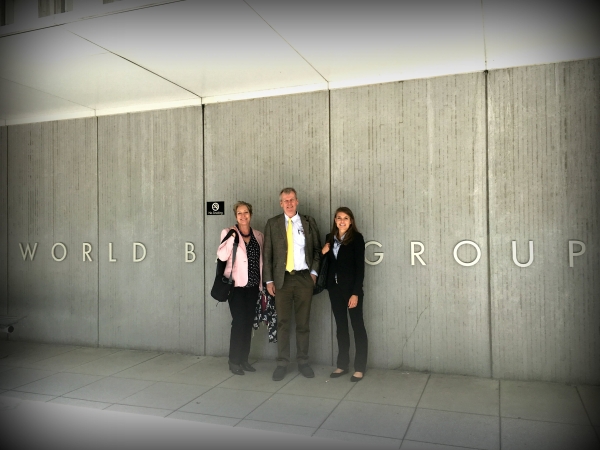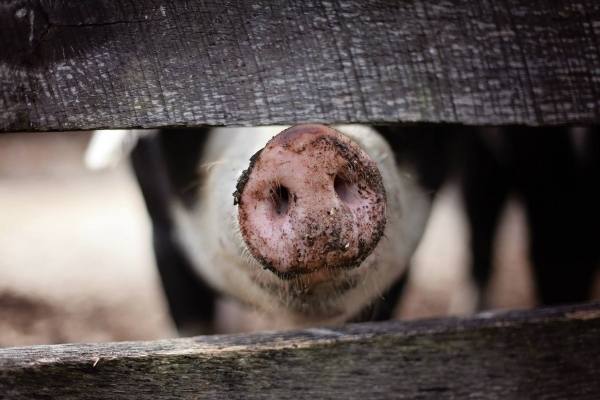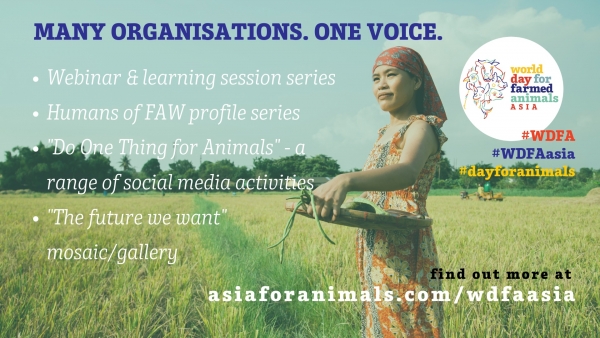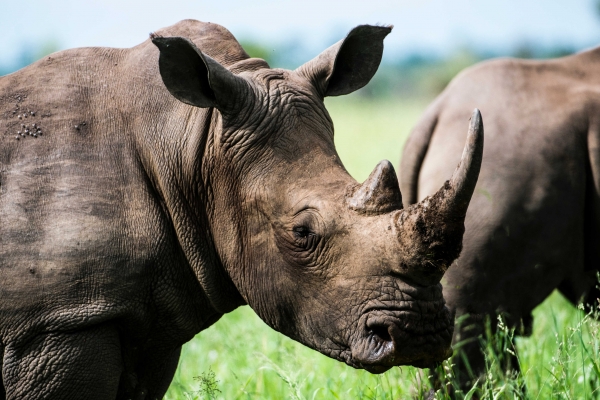| Headquarters: |
London, UK
|
|
|
| Website: | http://www.ebrd.com/home | ||
| Description: | The European Bank for Reconstruction and Development (EBRD) is a multilateral developmental investment bank. | ||
| Summary: |
The EBRD was founded in 1991 to create a new post-Cold War era in central and eastern Europe, furthering progress towards “market-oriented economies and the promotion of private and entrepreneurial initiative.” The EBRD uses financial investment as a tool to build market economies and to promote private and entrepreneurial initiative. It also provides business services and is involved in high-level policy dialogue. |
||
| Organization Type: | International Financial Institution | ||
| Issue areas covered: | General/Broad Focus, Farmed Animals, Environment/Natural Resources | ||
| Key opportunities and dates for input: |
|
||
| Requirements for participation: |
None specified. |
||
| Advocacy Opportunities: | |||
|
|||
- Home
- Directory
-
Our Programs
-
Strategic Advocacy Course
- Collaborations
- Humane Education
- International Policy
-
Model Animal Welfare Act
- Get the Book!
- Contents
- Part 1: Guiding Principles - A Broad Overview
- Part 2: Proposal for the Wording of a New Animal Welfare Act
-
Part 3: Explanatory Notes
- Notes to Chapter 1: Preliminary Provisions
- Notes to Chapter 2: General Provisions
- Notes to Chapter 3: Keeping of Animals/Care of Animals
- Notes to Chapter 4: Specific Categories of Animal Use
- Notes to Chapter 5: Implementation and Enforcement Provisions
- Notes to Chapter 6: Penal and Final/Concluding Provisions
- Constitution Project
-
Strategic Advocacy Course
-
Resources
- Events
- About Us
- Blog
From the Blog
-
The World Federation for Animals: A New Chapter for World Animal Net +
 In 2013, I joined World Animal Net (WAN) alongside Akisha… Read More
In 2013, I joined World Animal Net (WAN) alongside Akisha… Read More
-
Launching an "Animals' Manifesto" for World Animal Day +
 World Animal Net has brought together animal protection and environmental… Read More
World Animal Net has brought together animal protection and environmental… Read More
-
Join Asia for Animals in celebrating World Farmed Animal Day +
 World Day for Farmed Animals Asia is on October 2nd… Read More
World Day for Farmed Animals Asia is on October 2nd… Read More
-
COVID-19 and the Development of the New Global Biodiversity Framework +
 The Convention on Biological Diversity (CBD) is an international agreement… Read More
The Convention on Biological Diversity (CBD) is an international agreement… Read More
- 1


